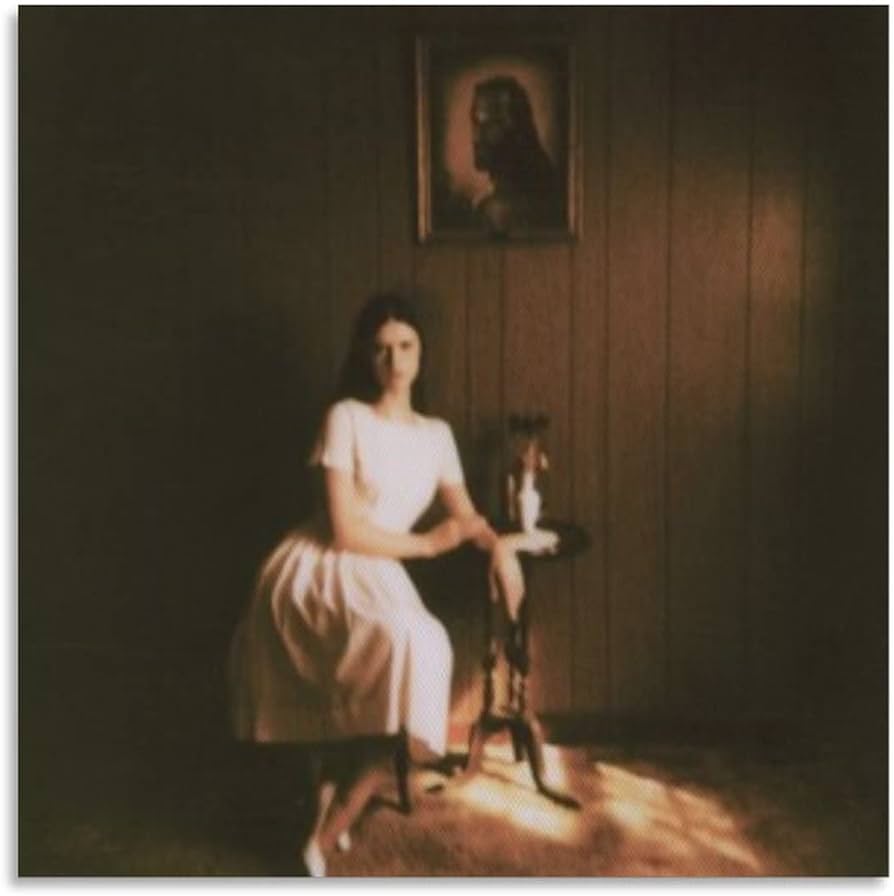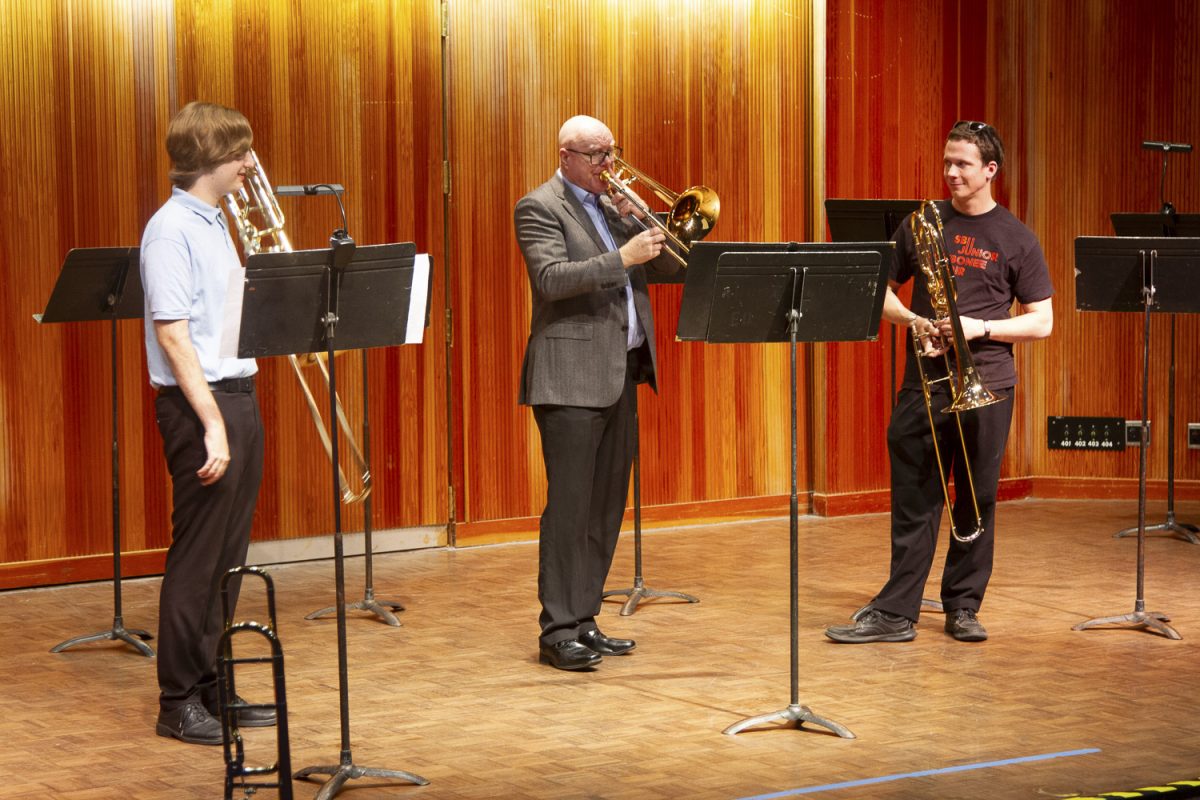I first listened to track 13 of “Preacher’s Daughter” by Ethel Cain around 5 a.m. on December 29, 2023 after waving goodbye to a friend on an early flight. Ironically titled “Strangers,” it was one of those songs that you know you’re going to know for a long time.
While the sun rose, I became acquainted with the rest of the album, and with each chord progression and lyric, I began to wonder how I had survived almost two years since the album’s release without its presence in my musical rotation.
Not to be grouped in with the pretentious “born in the wrong generation” crowd, but the frequency at which music is released nowadays seems to be a factor in many uninspired projects. Without the time and experiences to be pushed creatively, art suffers.
Cain, on the other hand, writes a song about being killed and later eaten by a former (at least, I would hope so) lover in an empty basement. If that is only one of the 13 songs on this album, it’s impossible not to be at least somewhat intrigued by the remainder of its contents.
“Preacher’s Daughter” is refreshingly unique, but should not be diluted to background noise. The truth is, listening to this album is an experience that requires, at the very least, commitment. At most, the listener can enjoy the record with the knowledge of its intertwined lore that weaves its way through each track ever so subtly.
If it isn’t obvious by now, “Preacher’s Daughter” is not your typical artist autobiography.
It follows the tragic series of events within the life of character Ethel Cain – the introspective yet naive teenage daughter of a local preacher in rural Alabama.
“Family Tree (Intro)” sets the scene, establishing Cain’s family trauma that has been disguised by the religious sentiments of her community. She is a product of her environment, and she resents it – a theme that reigns true throughout the album’s progression.
Following the dark introduction is the contrastingly upbeat “American Teenager.” Don’t be fooled by its carefree title and tempo; the lyrical dissonance is laid on thick and unapologetically, as Cain sings of losing her faith and her dwindling relationship with the church. She criticizes American ideals and tradition, empathizing with her neighbor who died in war. Cain echoes that, while it was her neighbor’s choice to enlist, it was a noble pursuit nonetheless, as well as his only attempt to escape Alabama. You can count on Cain to emphasize the underlying darkness in what appear to be simple circumstances.
Towards the end of the album, after multiple failed relationships, a spontaneous move to Texas (which proves to be a cheap vacation with the heavy drug use that follows), and more intricate details that cannot be outlined in this short of a summary, Cain has lost herself completely. She is a victim to her current abusive lover, who eventually chases her through the dark woods and kills her in “Ptolemaea.”
The album ends with “Strangers,” – a classic carnivorous tale – but right before it lies a track less haunting (which isn’t saying much) titled “Sun Bleached Flies.”
How would you convey your own death, musically?
I knew the beauty of this song at the first listen, but after understanding its preliminary context, it made a much greater impression. There are a number of songs about death – the grief of relationships, the loss of family members, etc. The act of dying and being dead, however, is a difficult premise to nail down, as most human beings have not experienced it and returned thereafter; those who claim to usually end up on daytime television. And yet, “Sun Bleached Flies” illustrates the ultimate peace – one I don’t believe we can find here on Earth – of death, while managing to tie in the character’s arc, or lack thereof, in its lyricism, riddled with religious references: “But I always knew that in the end no one was coming to save me / so I just prayed.”
The song encapsulates the paradox of Cain knowing her fate throughout her entire life while simultaneously holding out hope that somehow, she could break free from the cycle of abuse that she was born into. She makes the conscious decision to free herself from the traumas that once suffocated her overtop a powerful piano production that continues to build in its nearly eight minute duration.
In our current world, it’s difficult to shock people. It’s harder to create something that sticks with them throughout every distraction in their day-to-day life. The deliberation of “Preacher’s Daughter” manages to succeed in both. Its cultural familiarity is outnumbered by its succeeding plot twists. It is an album in every sense of the word – an evocative soundtrack to a Middle American tragedy.













